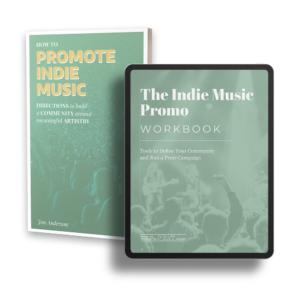In the 2000s, pretty much every Disney Channel star made a pop album.
Miley Cyrus, obviously. The Jonas Brothers, yeah. Selena Gomez. Aly and AJ. Ashley Tisdale. Vanessa Hudgens. And of course Ross Lynch – actually I have no idea who this is but he’s on the top 10 list I found.
Every one of them put out an album. If you weren’t in the right age bracket to be aware of this when it was happening, don’t worry, you’re not missing out on that much (although Lines, Vines, and Trying Times was chock full of bangers).
Most Disney Channel stars were / are not very musically talented.
Sure, they had autotune and a production team that could’ve made Danny DeVito sound like Beyoncé, but for the most part, they weren’t actually, you know, good.
They didn’t have talent. But they did have a built-in audience.
And that was why Disney kept rolling these things out; because it was a way to build on their existing community. And because it worked. The millions of Disney fans out there made Vanessa Hudgens’ debut album go Gold (500k sales) within a few months. It wasn’t the music that drove that success. In fact, she hasn’t released a thing since she dropped off of the Disney label.
I was listening to a business podcast the other day, and I was struck by this (pretty hyperbolic) statement:
“Anything is possible if you have an audience.”
The point was that you shouldn’t spend a ton of money building a product without proving there’s an audience for it first. But if you do have an audience, you can figure out how to sell to them.
Disney had an audience.
If you want to make music for a living, you need an audience, too.
^ That sentence is basically the “1000 true fans” concept in action. But the twist is that your “true fans” don’t have to come after the music.
Too many artists view a catalogue of music as the prerequisite to fans. Locking yourself into that sequence can really slow things down. It can actually make it hard to get your career started at all.
Truth is, the exact process for creating an audience isn’t set in stone. Sometimes, the music comes first; Bon Iver blew up because For Emma, Forever Ago was awesome and bearded people all over the world connected with it pretty much from first listen. Sometimes the audience comes first (see Disney Channel alums or even Drake).
But I think that, most often, music and audience should be built simultaneously.
I mean, you’re not Miley Cyrus (although she has been known to hide her true identity before). You don’t have a ready-made fanbase waiting to buy your next album.
But you’re also not Bon Iver, and you shouldn’t bank on an audience springing up from the Wisconsin woods to support you.
You’re you.
So you should make music. And you should make your music build your audience.
Next week, I’ll walk through what I think is the most effective approach to putting this concept into practice. It’s what I’m working on with my artists this year.
In the meantime, I’m back to jamming to “Party in the U.S.A.” for the 2000th time. No shame.

